Ivory Tower Yucca
$69.50 Original price was: $69.50.$48.65Current price is: $48.65.
- Free Shipping over $25
- Fast & reliable delivery options
- Enjoy top quality items for less
- Multiple safe payment methods

Increasingly gardeners are looking for ways to garden without using large amounts of water. This could be because of local restrictions, or for environmental concerns. Whatever the reason, xeric gardening, as this trend is called, looks for plants that will grow under severe drought conditions, and to create attractive gardens that need no supplementary watering. Right at the top of any list for such a garden, and equally at home in regular gardens too, is the Ivory Tower Yucca. Its slender, sword-like leaves are loved by garden designers for their dramatic form, and the tall spikes of white flowers are strikingly beautiful. Cold-hardy as well as drought-resistant, this tough yet beautiful yucca plant is exactly what your garden is looking for.
The Ivory Tower Yucca is a perennial evergreen shrub with a very short trunk hidden at or below ground level, topped with a bold rosette of many slender, spikey leaves radiating out in all directions. Younger leaves are stiff and upright, while older ones tend to bend over and become more ‘relaxed’. The leaves are neatly arranged in a circle when the shoots are young, but they become more random as they mature. A plant develops into a cluster of rosettes, with the leaves growing 3 or even 4 feet long, forming a dense clump of foliage. The leaves are leathery, slightly glossy, and dark blue-green in color. Along the edges of the leaves are thin, curling threads, and the tip of each leaf is a sharp point. This plant has a thick, woody root and very short stems that support the slowly spreading clump of leaf rosettes.
In late summer older clumps of the Ivory Tower Yucca will flower. This is when the plant lives up to its name, sending towering spikes of flowers up to 6 feet into the air. A clump may have several spikes at the same time, and each one is long and slender, but sturdy, and it normally needs no staking or support. In the upper one-third of the stem there are many large flowers, which hang outwards like a beautiful cluster of bells. The flowers are large, about 2 ½ inches long and an inch across, with 5 pointed petals forming an upside-down bowl. They are creamy white, sometimes flecked with soft chartreuse green, and they give out a beautiful rich, tropical perfume you will love. It is hard to believe that this clump of leaves can make such a beautiful floral display.
The Ivory Tower Yucca is incredibly hardy. It is cold-resistant down to minus 30 degrees, yet also hardy in the hottest and driest parts of zone 9. It will grow in any kind of soil, both acid and alkaline, and in hard clay or dry, rocky sand. It also grows in ordinary garden soils, and anywhere except wet places. Grow it among rocks and boulders in exposed sunny places. Use it at a beach cottage, planted in pure sand and exposed to the ocean. Plant it in those dry spots beneath roof overhangs. Use it in the foreground of shrub beds, or in planters and pots, where if you forget to water it won’t mind at all. Once established it will take extreme dryness, as well as salt-spray, and it should be grown in full sun, although it will tolerate some partial shade too. No part of your garden is too hot and dry for this plant, and it needs no care, other than removing old flower spikes at ground level. In colder zones, the foliage may brown during the winter, but in spring simply trim it off and new leaves will quickly replace them. It has no pests or diseases, and deer leave it alone too, so it is perfect for natural and semi-wild areas.
The Ivory Tower Yucca is a selected, more vigorous and larger form of Adam’s Needle, Yucca filamentosa. This plant is native to America, growing all the way from South Carolina to Florida and into Mississippi. It grows in coastal areas, on sand dunes and beaches, as well as in rough open ground. There are a number of different varieties, often with white or yellow on the leaves, and we don’t know where the form called ‘Ivory Tower’ came from. We do know how popular these plants are, and how quickly they sell out. So set yourself up for some easy gardening, and order the Ivory Tower Yucca now.
Be the first to review “Ivory Tower Yucca” Cancel reply
Related products
Butterfly Bush
Other Shrubs & Hedges
Hibiscus
Butterfly Bush
Knock Out® Roses
Hydrangeas
Butterfly Bush
Rhododendron

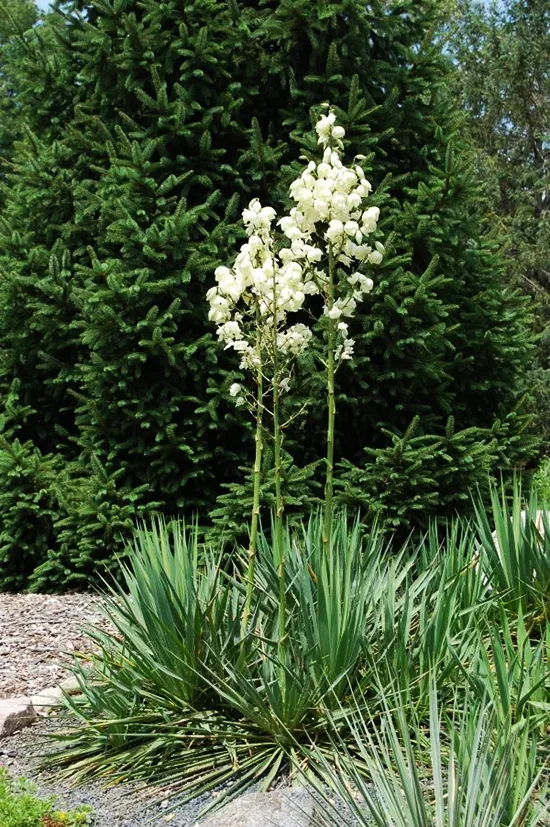
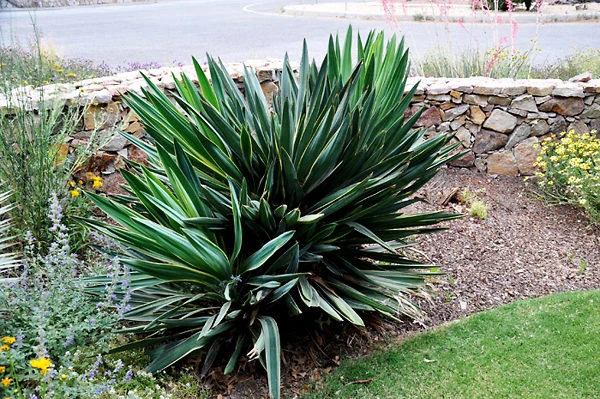
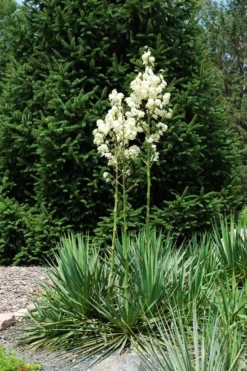
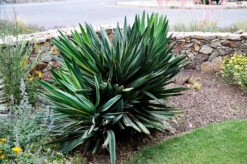


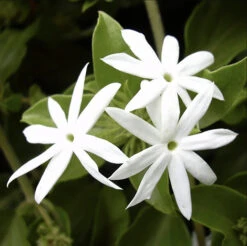
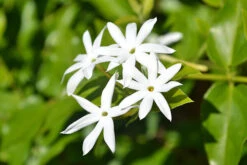
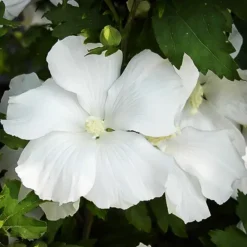
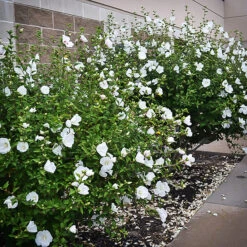
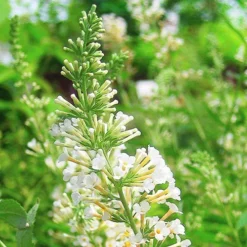
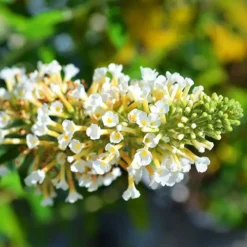
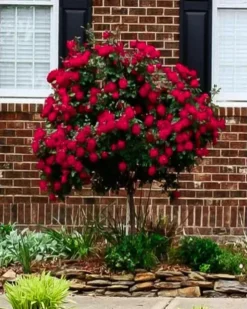
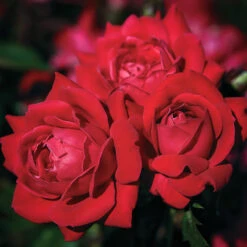
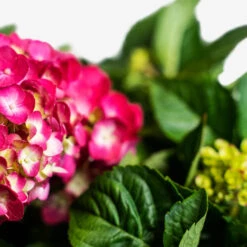


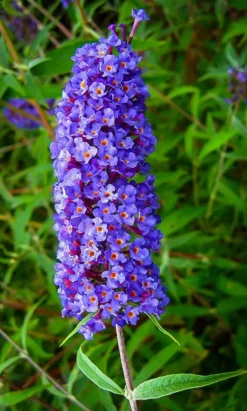
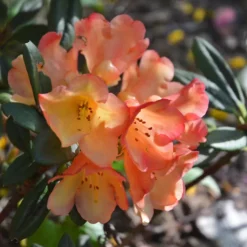
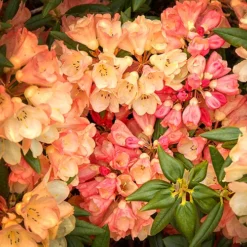
Reviews
There are no reviews yet.